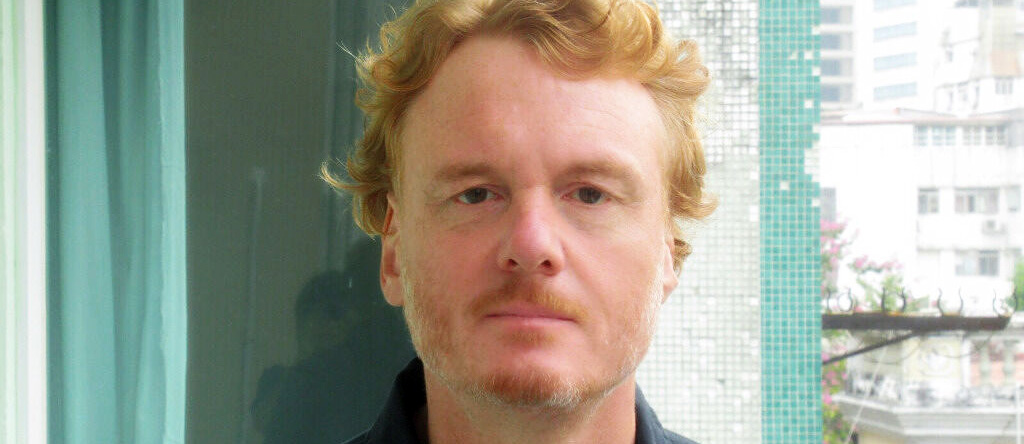Raw Identity Materials for the Profilicity Factory
Uroš Krčadinac

While researching digital and generative identities for the All-Aligned project, I've discovered Hans Georg Moeller, a philosophy professor who currently teaches at the University of Macau. Bridging social systems theory, Tao and Zen philosophy, and materialist approaches to history, Moeller has written several books on systems, identities, digital profiles, and morality traps, such as You and Your Profile: Identity After Authenticity, The Moral Fool: A Case for Amorality, Genuine Pretending: On the Philosophy of the Zhuangzi and Luhmann Explained: From Souls to Systems. In addition to being an academic and a writer, Moeller is also an accomplished Youtuber. He is running two exellent YouTube channels, which I wholeheartedly recommend: Carefree Wandering and Philosophy in Motion.
In his book on digital identities, Moeller identifies three technologies for identity production, which have developed throughout history:
1. Sincerity is the oldest identity technology. It refers to the old traditional social roles, which individuals assume at birth or during key moments in life. This is, for example, the identity of mother and father, son and daughter, peasant and warrior, Serb and Hungarian, Orthodox and Catholic, feudal lord and servant. Traditional society expects individuals to honestly identify with these roles, hence the term sincerety.
2. Authenticity arises in modernity. People reject their traditional roles and develop a new ideal: identity is what I discover myself, what I make myself to be. Identity is a reflection of the authentic essence of me as a being. Typical examples: the identity of an artist or an activist. As an identity technology, authenticity presupposes that I, being an absolute Cartesian subject, possess an authentic and enduring essence, and that I should strive to find it — to find myself. One could say that authenticity is still the identity default for most of us.

This is where Moeller sees a problem. What does the commandment — be yourself, be authentic — mean anyway? If you say to someone, you have to determine your own identity, you've put them in what is called a double bind: if they listen to you, they therefore obey your request; if they don't, they're not authentic by definition. I like that analysis. Every time a corporate brand tells me to be myself, just out of spite I wish not to be myself.
On a deeper level, that essence of self that authenticity presupposes, does it even exist? The idea of self, or Self, is just another construct that our minds grasp at like a straw, another metaphysical absolute not very different from angels and jinns. It is an old question: are we separated from the rest of the world or are we instead psycho-physical processes entangled in its fabric? Does my consciousness shape my natural and social being or it is instead my being that shapes my consciousness? Is our will absolute or relative and relational? Modern humans are enslaved to that idea of an atomized Self that is separated from the world, to that specter of the self, as much as traditional humans were enslaved via rigid social roles. Perhaps the absolute authenticity is nothing more than an ego-addiction.
That is why Meller rejects both essentialisms, both traditional and individualistic, and formulates the third and latest identity production technology:
3. Profilicity. That's what I'm doing right now: I'm writing a post on my website, I'm creating an image of myself, I'm presenting myself in a certain way, I'm legitimizing myself in front of you, and therefore I'm starting to see myself through your eyes, I'm starting to define myself in terms of what I think you see in my profile. Referencing Walter Benjamin and Niklas Luhmann, Moeller uses the term a second order observation. We learn how to look by looking at other peoples' ways of looking.
At first glance, Profilicity seems like a civilizational defeat. However, Moeller points out there are some good sides of this novel identity production technology. Just by removing the identity issue from our immediate awareness, we're able to gain some breathing space. While Sincerity implies that I sincerely identify as a son, a father or a serf, a Montenegrin, an Albanian or a German in every essence of my being, and while Authenticity implies that I have to grasp at my authentic individual Cartesian self all the time, and if I don't feel good, it must mean that I haven't found myself, Profilicity simply tells me: your profile is your face in front of the world, whether you like it or not, but you don't have to identify with it at all. What matters is what you do, not what you identify with. You can be at ease, because you are much more than your so-called identity. Even the old Zen philosophers knew that you don't have to identify with every thought that wanders through your own consciousness.
What are the All-Aligned in the context of Moeller's theory?
Raw identity materials for the profilicity factory.